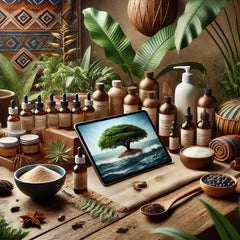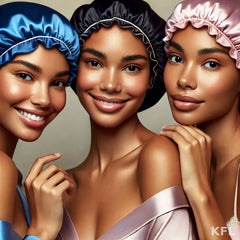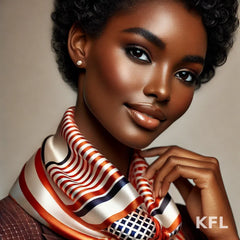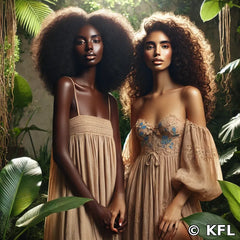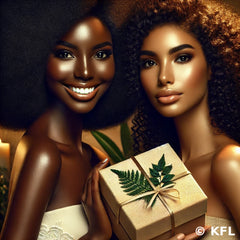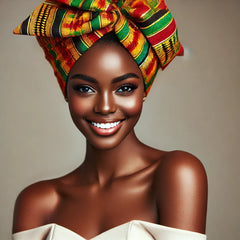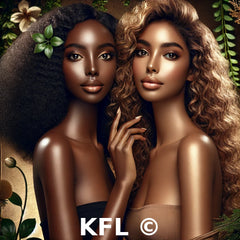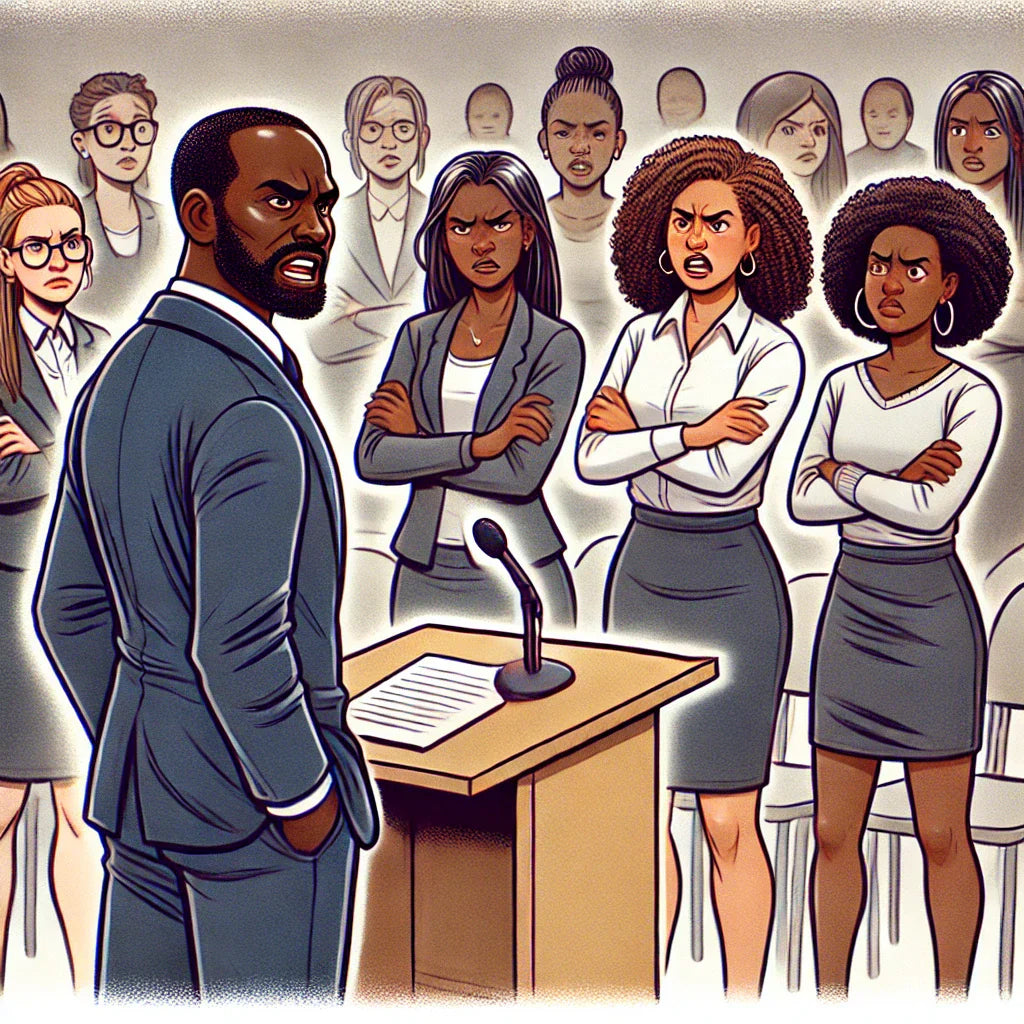
Misogynoir on Social Media: The Self-Hate and Internalization of Systemic Racism by Black Men
Share Label
More and more hateful and violent comments targeting Black women are circulating on platforms like Twitter and YouTube, where Black men from various backgrounds (African Americans, Africans, Caribbean, etc.) openly express their rejection of Black women. These comments include phrases like "I would never date a Black woman" or "Me, with a Black woman, never." These degrading messages are fueled by racist stereotypes, promoting lighter skin and European features at the expense of darker-skinned Black women.

The Violence of These Comments: A Deep Rejection of Black Women
These comments go far beyond simple judgments of physical appearance. Many Black men insult Black women, comparing them disparagingly to lighter-skinned women or white women. This rejection is fueled by a society that values Eurocentric beauty standards and devalues everything that is perceived as "African." This dynamic is a direct reflection of the internalization of systemic racism, where some Black men, seeking to integrate into a racist society, adopt these racial biases themselves.

The Internalization of Self-Hate and Systemic Racism
Systemic racism, which plagues many Western and even African societies, plays a major role in shaping these attitudes. Growing up in an environment where light skin and European features are idealized, some Black men eventually internalize hatred toward their own identity, thus rejecting the Black women they see as a reflection of their own racial frustrations. The idea that they must prioritize white or lighter-skinned women to be accepted and valued in society shows the deep impact of the intersection between racism and sexism.
The Creation of Afrofeminism as a Response to Misogynoir
In the face of these attacks and the violence of these comments, many Black women have found refuge and strength in the Afrofeminism movement. This movement emerged to address both the racial and sexist discrimination that Black women face. Afrofeminism aims to assert a place for Black women in society, affirming their beauty, intelligence, and power. It is a tool of resistance that allows Black women to reclaim their identity and create spaces where they can be heard and valued. Despite the misogynoir comments, the movement offers a collective response to invisibility and marginalization.
The Impact of These Discourses on Black Women
Black women, especially those with darker skin, face a double rejection—both due to their skin color and gender. Misogynoir comments, whether made by Black men or not, profoundly affect their self-esteem and worldview. However, Afrofeminism represents a powerful and necessary form of resistance. Thanks to this movement, more and more Black women are asserting their place and claiming the right to love themselves and be loved without having to conform to dominant beauty standards.
Conclusion: Breaking the Chains of Internalized Racism and Sexism
It is crucial to deconstruct racial and gender stereotypes by starting with educating younger generations and valuing Black women in all their forms. The fight for equality involves fighting against systemic racism, sexism, and colorism. By supporting movements like Afrofeminism, we can help create a more inclusive and respectful society for all women, regardless of their skin color.

